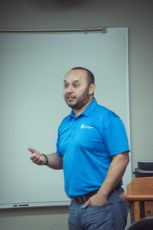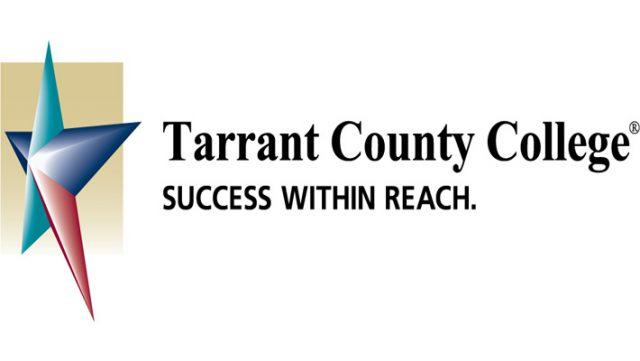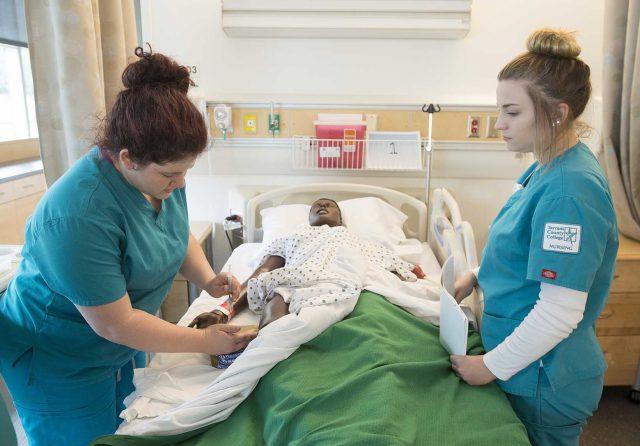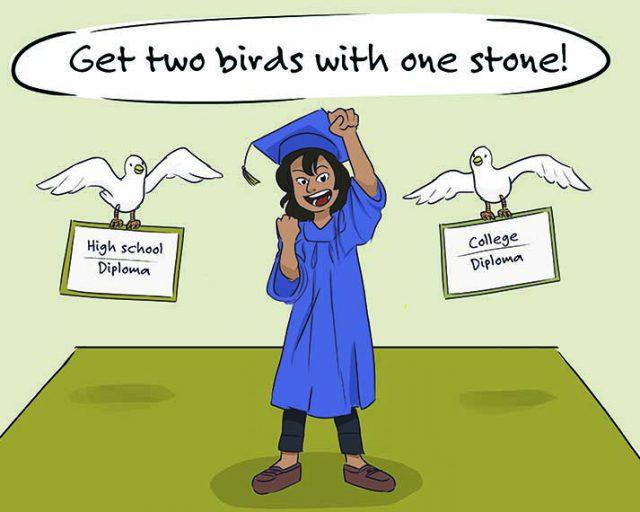By Chase Metivier/ reporter

For many students, college is their first major purchase, a NE financial aid specialist told NE students Feb. 21.
Joe Rodriguez presented information to students on how to pay for college and meet deadlines for financial paperwork.
“Financial aid is awarded on a first-come, first-served basis,” he said. “Students may miss out on state and institutional grants if students do not turn in their Free Application for Federal Student Aid early, even if you qualify.”
Students must complete the FAFSA to determine their financial aid. Rodriguez urges students to turn these forms in early.
Scholarships, grants and work-study were ways Rodriguez recommended students take on financial aid.
“Experts agree that it is best to pursue free types of financial aid first, money that does not have to generally be repaid, such as scholarships and grants,” he said.
TCC offers plenty of scholarships. Students can go on the TCC website, find “pay for school” and click on “scholarships.”
From there, they can submit an application that will be applied to all the scholarships, and if they qualify, they will be notified.
TCC is very strict about deadlines, so fill the forms out early.
He also recommended work-study for students. Work-study is a way for students to make a certain amount of money for academics. The jobs are on campus, and the work schedule is adaptable with the student’s class schedule. It can also relate to the area of study.
Work-study is how Rodriguez got his start as a financial aid specialist. He suggests students stay away from taking loans if they can.
“Apply for scholarships, grants and work-study,” he said. “If those meet all financial expenses and students do not need to take out a loan, don’t take it out.”
This is especially true at a two-year school since tuition is low, and the student may need the loan at a four-year school. If a student were to take out a loan, he advocates taking a subsidized loan, where the federal government pays the interest while the student is in school.
When a student takes out a loan, Rodriguez advises students there is a six-month grace period.
“Once that time is up, the school will want you to pay your loans,” he said. “Once students use up their grace period, they don’t get it back, so once you start the three months, they have three months to pay it back.”
If students do not pay back their loans, loan default comes into play. Rodriguez spoke about his experience with a student who defaulted.
“A student comes in upset. Why?” he said. “Back at my old school, we gave her the loan. She came back two, three years later. ‘Why are they garnishing my wages?’ she asked. She was in default. She had 18 cents on her paycheck.”
Rodriguez encouraged students to be more responsible borrowers.
“Some students take out the max every year,” he said. “Independent students are eligible for $9,500. Various students take out the full amount, then the following year take out another $9,500 — already $20,000 in debt in two years.”
NE student Brandiegh Moody said she learned how scholarships could really benefit a financial situation.
“Any student should attend this event to get a better understanding of their financial situation,” she said.



























